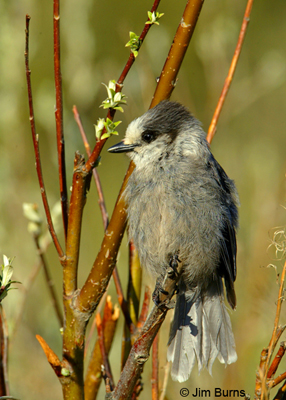
It was March 8, 1965. The segment opened with a shot of her and a friend in their University of Kansas sweatshirts, sitting on the floor, studying, in front of the Chancellor’s office in Strong Hall, the campus administration building. The camera then panned out to the other 200 student activists involved in the sit-in protesting the university’s lack of progress on campus housing integration. As you’d suspect, there was a message waiting for her that night when she returned to the dorm—“Call home immediately!”
She got her Mrs. of course, and she sits now in the easy chair across from me catching up on the newly opened Smithsonian National Museum of African American History and Culture as I lie on the sofa with an article about E. O. Wilson. A deliciously ironic juxtaposition of after dinner reading pursuits. Neither she nor Wilson would claim to be inside the heart of Colin Kaepernick as he kneels during the national anthem preceding the nation’s weekly religious rite, but both would see it as a probable step forward in the fraught and winding evolutionary process of our species, similar to the one she took fifty years and two generations ago.
Birders unfamiliar with E. O. Wilson have some catching up to do too. Wilson, on the “Mount Rushmore” of the biological sciences along with his hero, Charles Darwin, was initially famous for his 1984 Biophilia Hypothesis in which he says that interaction with nature determined how we as a species evolved and, if we lose that connection, both our planet and we as a species are endangered. His 2012 book, The Social Conquest of Earth, argues against the kin selection theory of human evolution and for what he calls group selection.
Wilson posits that group selection, which features alliance building and coalition, is genetically programmed into humans and steers us toward altruism, inclusivity, and problem solving. The upshot, greatly oversimplified, is that Wilson is optimistic about our getting along with others of our own species and saving our planet. From a highly respected deep thinker on how we as a species got here and where we’re going, this is good news for those grappling with specific cultural issues such as Black Lives Matter and environmental sustainability.
Only about two dozen life forms have made the evolutionary breakthrough to a complex and highly social lifestyle—ants, termites, aphids . . . and humans. One would think that we should be capable, especially if we have a gene for it as Wilson suspects, of taking next steps toward what he calls “settling down”—traffic stops without guns or fear, drinking water without carcinogens, Gray Jays successfully raising young without losing their perishable food caches to global warming.
Steel workers and scientists, bugs and birds, we’re all in this together.